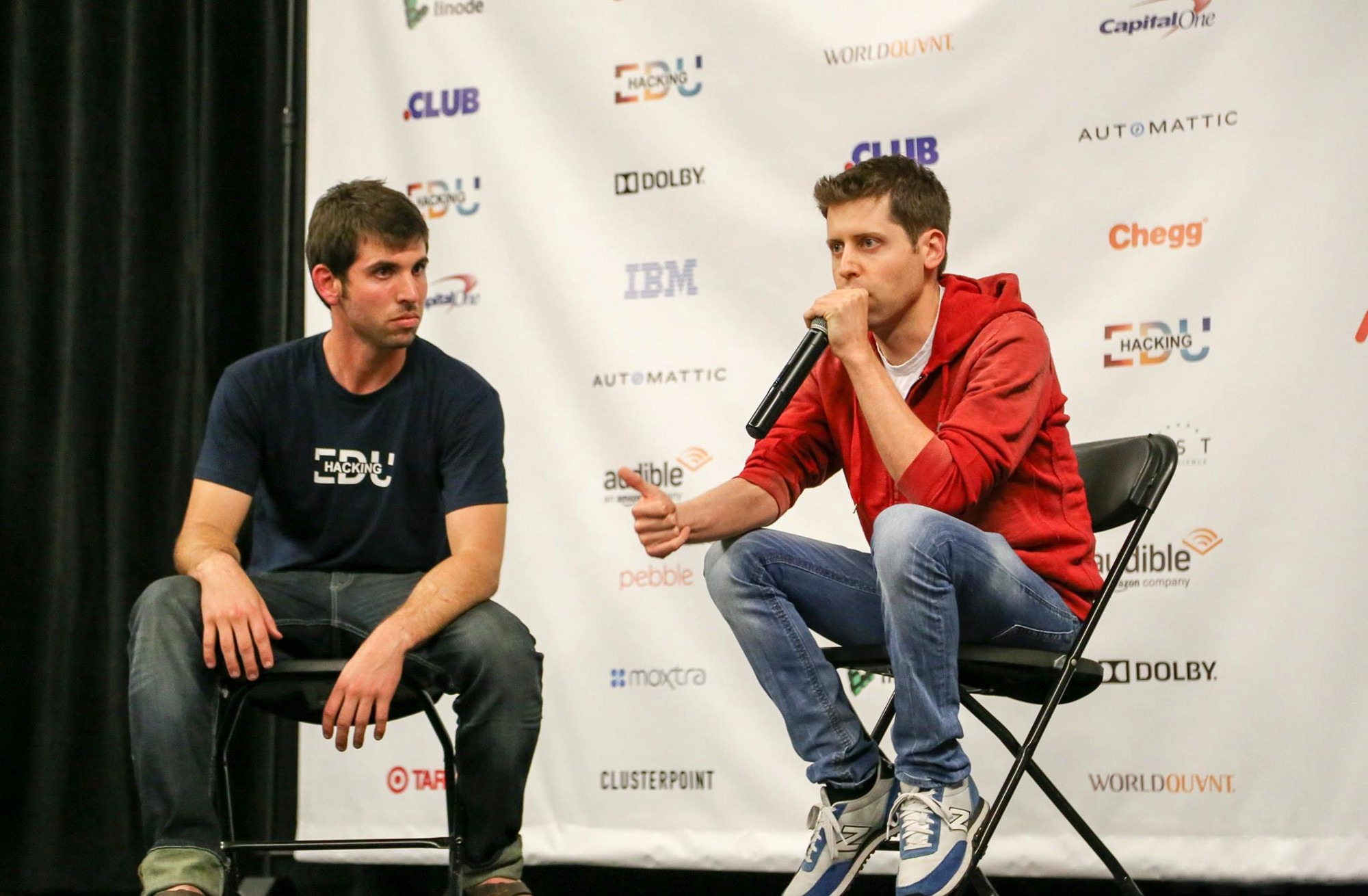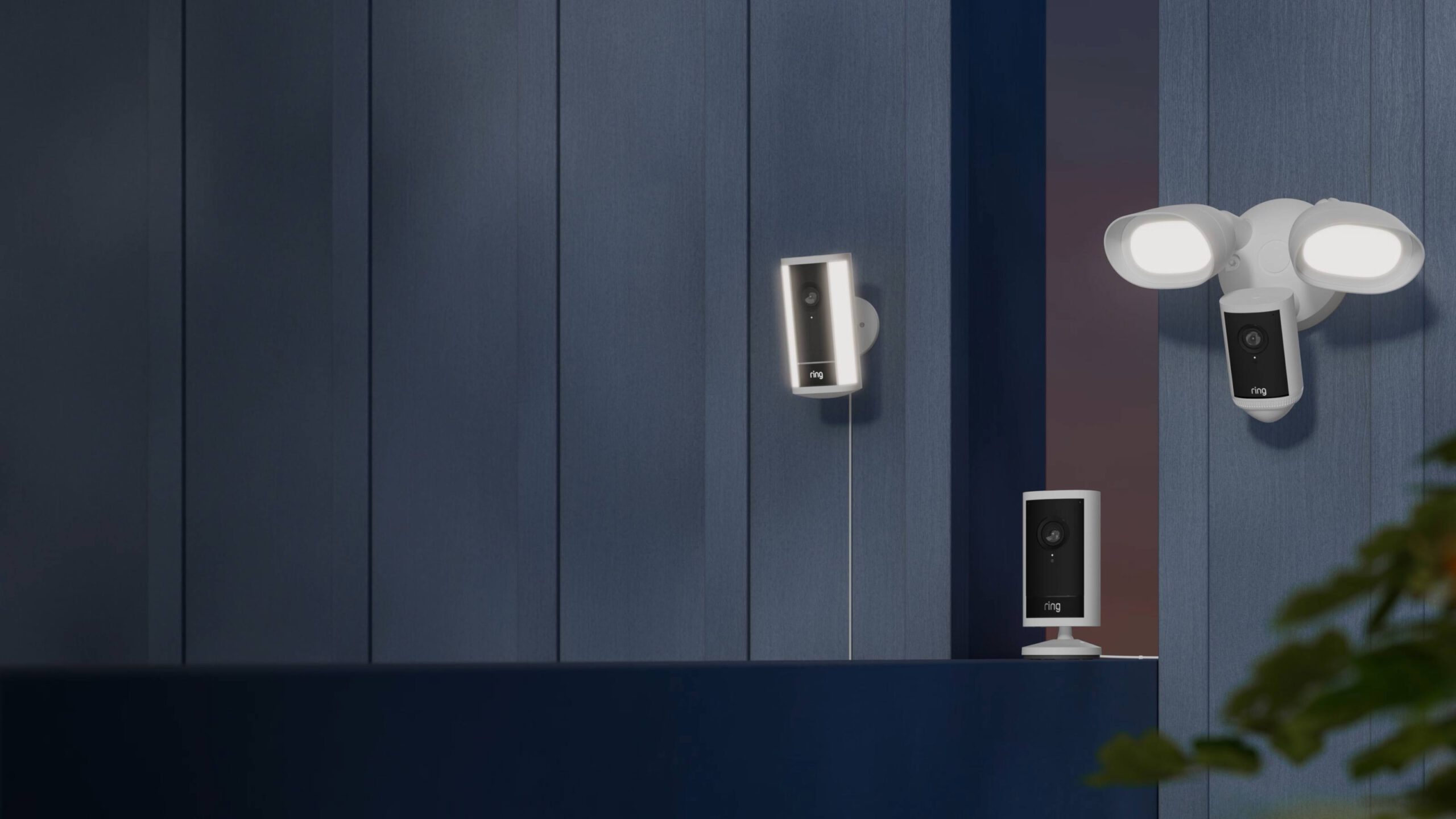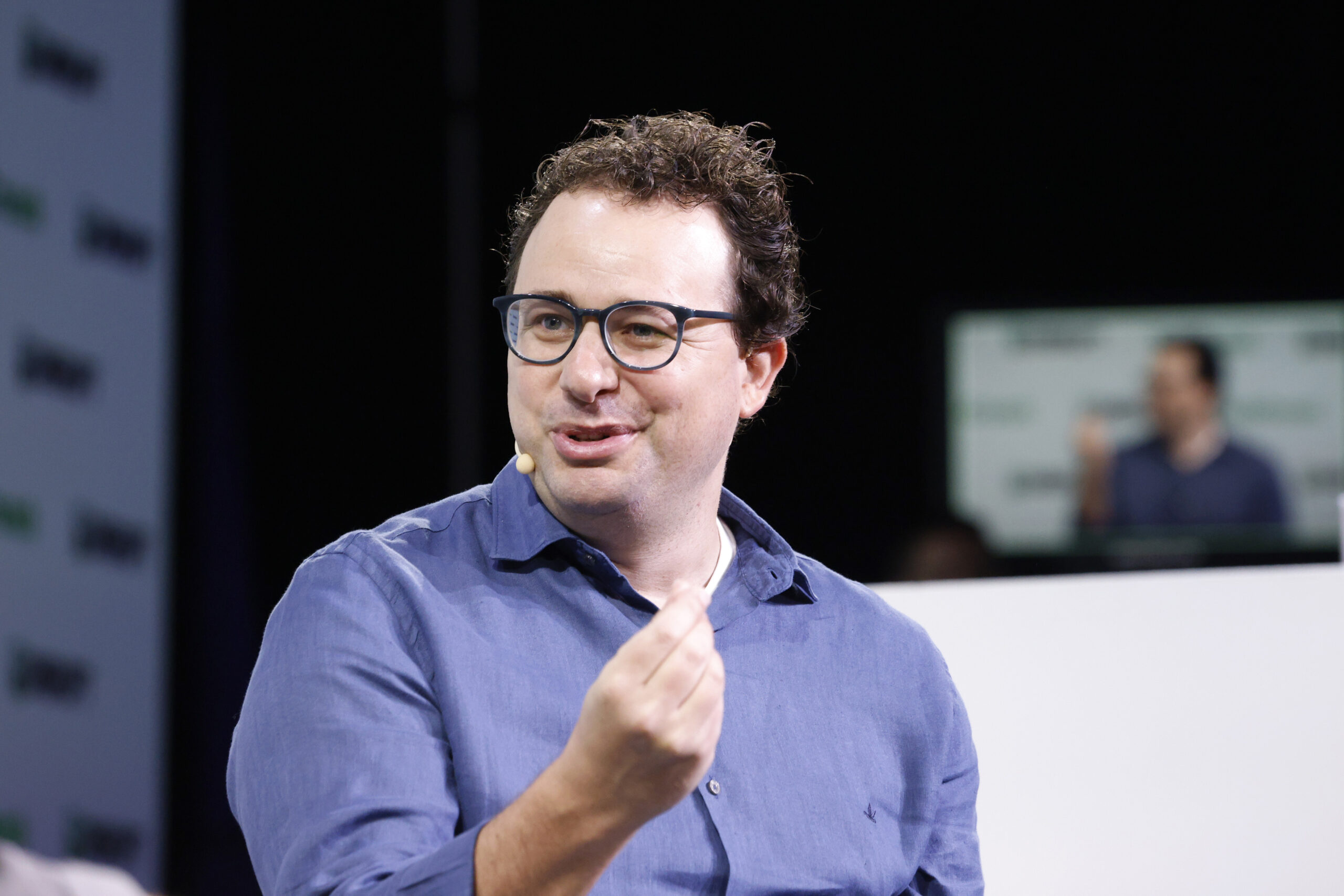When Sam Altman posted his “tale in three acts” on X, documenting his struggle to get a Tesla Roadster refund after waiting 7.5 years, he probably didn’t expect Elon Musk to respond by accusing him of stealing from a nonprofit. But that’s exactly what happened when Musk fired back: “You stole a non-profit.” Welcome to tech leadership in 2025, where a bounced customer service email becomes the opening shot in a battle over the soul of artificial intelligence.
The Refund That Started a War
A simple Tesla customer service issue escalated into accusations of organizational theft.
Altman’s viral post included screenshots showing his original $45,000 Roadster reservation from 2018, an email requesting a $50,000 refund, and evidence that Tesla‘s refund email address had died somewhere in the ether. Musk quickly countered, claiming Altman conveniently omitted “act 4, where this issue was fixed and you received a refund within 24 hours. But that is in your nature.” The passive-aggressive energy rivals any corporate Slack channel argument you’ve witnessed.
Old Wounds and Nonprofit Drama
The Tesla spat reignited deeper conflicts over OpenAI’s evolution from nonprofit to commercial powerhouse.
The real fireworks began when Altman shot back, revealing that Musk “wanted Tesla to take over OpenAI, meaning no nonprofit at all.” This hits the core of their ongoing legal battle. After Musk departed OpenAI’s board in 2018 over potential Tesla conflicts, Altman guided the company through its transformation into a hybrid structure—still technically nonprofit but commercially viable through partnerships with Microsoft.
Musk’s federal lawsuit claims this betrays OpenAI’s founding mission of public benefit. His position centers on whether OpenAI’s commercial evolution represents a necessary adaptation or organizational betrayal.
What Your Delayed Gadgets Have in Common
The dispute reveals Silicon Valley’s broader accountability crisis around promises versus delivery.
Strip away the billionaire drama, and you’re left with a familiar story: a company struggling to deliver on premium product promises while customers wait years for refunds. Tesla’s next-generation Roadster, announced in 2017, remains undelivered as of late 2025.
Meanwhile, OpenAI evolved from a nonprofit research lab to an AI industry kingmaker faster than most startups reach Series B. Both trajectories expose how Silicon Valley’s “move fast and break things” mentality affects real customers and organizational missions.
The Musk-Altman feud ultimately isn’t about $50,000 or even OpenAI’s structure—it’s about accountability in an industry where visionary promises often collide with operational reality. Whether you’re waiting for a refund or watching AI reshape society, the same question applies: Who’s actually responsible when the future doesn’t arrive as advertised?





























